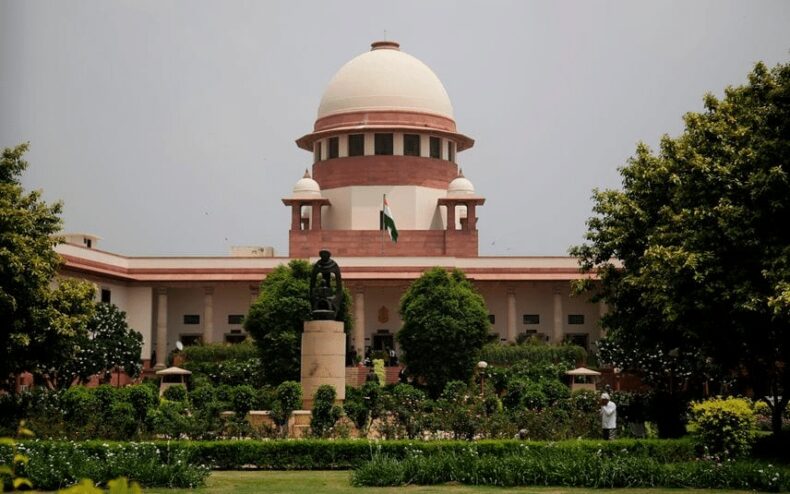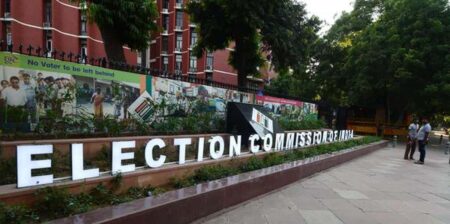Jaising referred to two Bills during the day-long arguments, which include the Marriage Laws (Amendment) Bill, 2010, and said it never saw the light of the day.
Social changes take little time and sometimes it is easier to bring law but difficult to convince society to change with it, the Supreme court remarked on Thursday while deliberating upon the issue related to the dissolution of marriages.
While hearing arguments on what could be the broad parameters for exercising power under Article 142 of the Constitution to dissolve marriages between consenting couples without referring them to family courts, the apex court said the family plays a large role in marriages in India.
Article 142 of the Constitution handles the enforcement of decrees and orders of the apex court to do absolute justice in any matter pending in front of it.
A five-judge Constitution bench headed by Justice S K Kaul said Social changes take a little time. That is all. Sometimes, it is easier to bring law and more difficult to convince society to change with the law.
Senior advocate Indira Jaising, who was assisting the apex court as an amicus curie in the matter, said it works both ways, sometimes, the law lags behind a social change, and sometimes, the legislation is ahead of it.
The bench also comprised Justices Sanjiv Khanna, A S Oka, Vikram Nath, and J K Maheshwari, which reserved its verdict on the matter.
Jaising referred to two Bills during the day-long arguments, which include the Marriage Laws (Amendment) Bill, 2010, and said it never saw the light of the day.
She also said that on Wednesday during the arguments that senior advocate Kapil Sibal was there in the court and she was about to tell him that the Bill was there and he had the chance to do something about it in Parliament.
Sibal, emerging in the matter, argued that in a marriage which is broken the real issue is maintenance and custody.
He also said that the court needs to develop a procedure that is consistent with the law.
Also Read: Exploring the Bay of Bengal Once Again













